You will be equipped with the following tools:
-
Body Scan Meditation (+audio)
A form of mindfulness training that teaches clients how to recognize and experience physical sensations.
-
Breathing together
Enhance personal mindfulness practice as well as deepen interpersonal connection and empathy.
-
Cooking Mindfully
Help your clients to develop both mindfulness and savoring skills in the context of cooking, eating, and beyond.
-
Creating Quiet Time
Help clients incorporate quiet time into everyday life, in order to become more aware of and familiar with their internal experiences.
-
Cultivating Mindfulness through Single-tasking
Demonstrate the illusion of multi-tasking to clients and offer concrete guidelines for them to adopt a more mindful (single-tasking) approach to life.
-
Enjoying Food Mindfully
Practice eating tasty food in a mindful way, help to reduce emotional eating, and establish healthier food behaviors.
-
Informal Mindfulness Practices
Cultivate mindfulness by making mindfulness part of daily life.
-
Walking Down the Street
Help your clients experience how thoughts shape and trigger feelings, and how a negative cycle of thinking can be prevented.
-
Using Story Telling to Elicit Automatic Judgments
Help clients become aware of the automatic tendency of their minds. A valuable starting point for introducing the value of non-judgmental awareness.
-
Three Minute Breathing Space (+Audio)
This tool provides a direct way of coping, characterized by awareness and willingness to experience what is present.
-
Sitting Meditation (+Audio)
This exercise is teaching the thinking mind how to perceive and provides insight into the nature and patterns of thought in general.
-
Open Monitoring Meditation (+Audio)
The OM practice strengthens the ability to observe thoughts, feelings, and emotions, enabling individuals to more readily transform cognitive and emotional habits.
-
Mindfulness Meditation Troubleshooting Guide
Provide an overview of and solutions to common problems and challenges that arise when your clients start to meditate or wish to continue meditating.
-
Mindful Walking (+Audio)
Cultivate awareness of the present moment, in this case by using the feet as an anchor for attention.
-
Mindful Speaking
Improve individuals’ communication skills through practicing mindful, purposeful speaking.
-
Mindful Listening
Explore the concept of mindful listening by experiencing what it is like to listen to others in a mindful way and talk when others listen mindfully.
-
Increasing Awareness of Cognitive Distortions
Help clients recognize distorted thinking and reduce the negative impact of these thinking patterns.
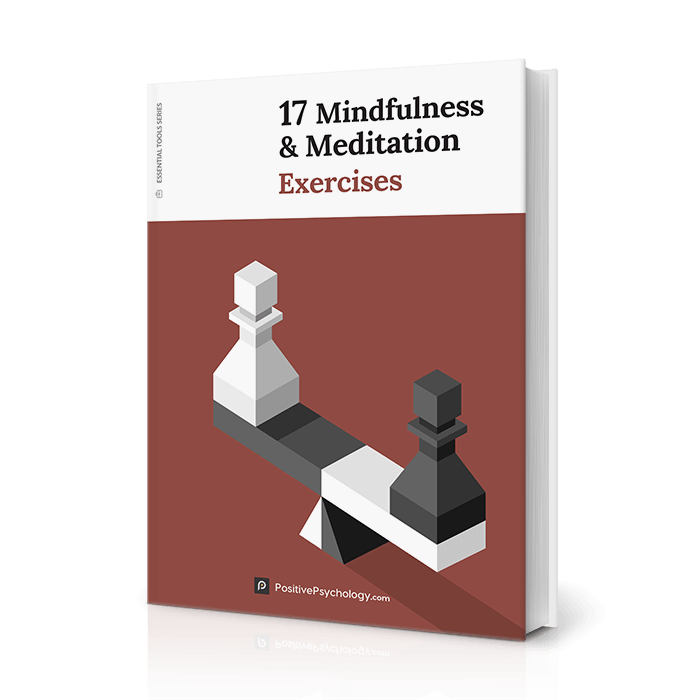
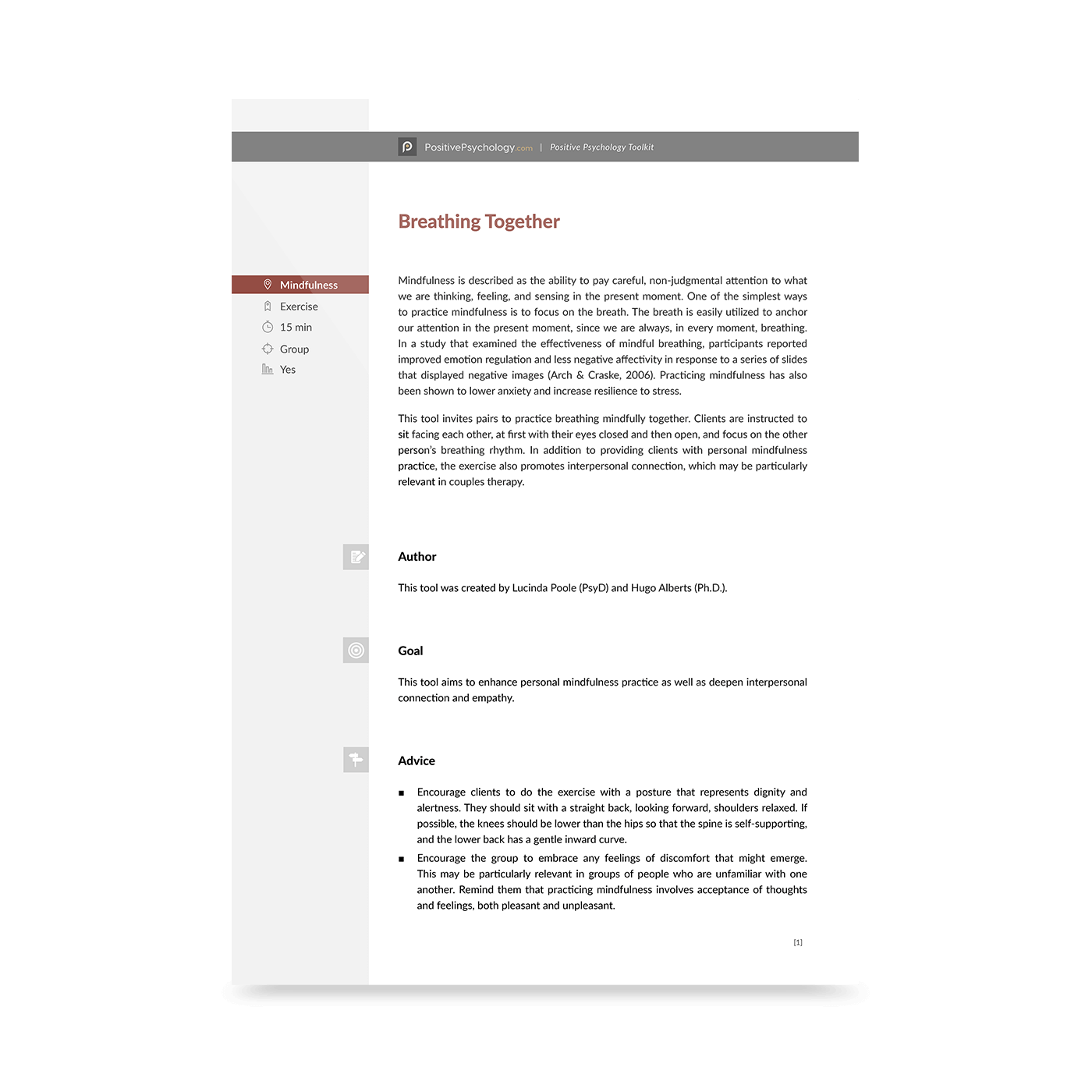
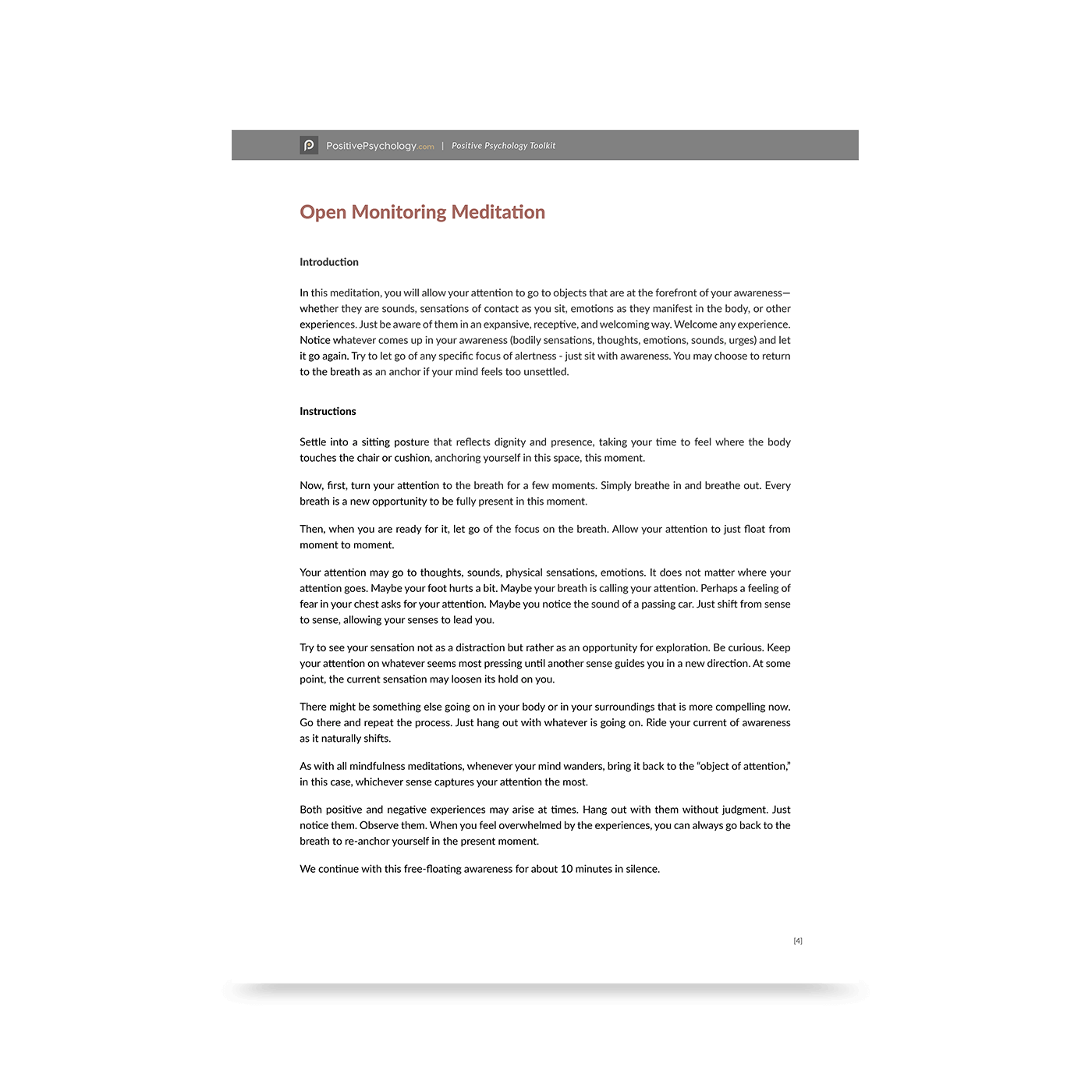
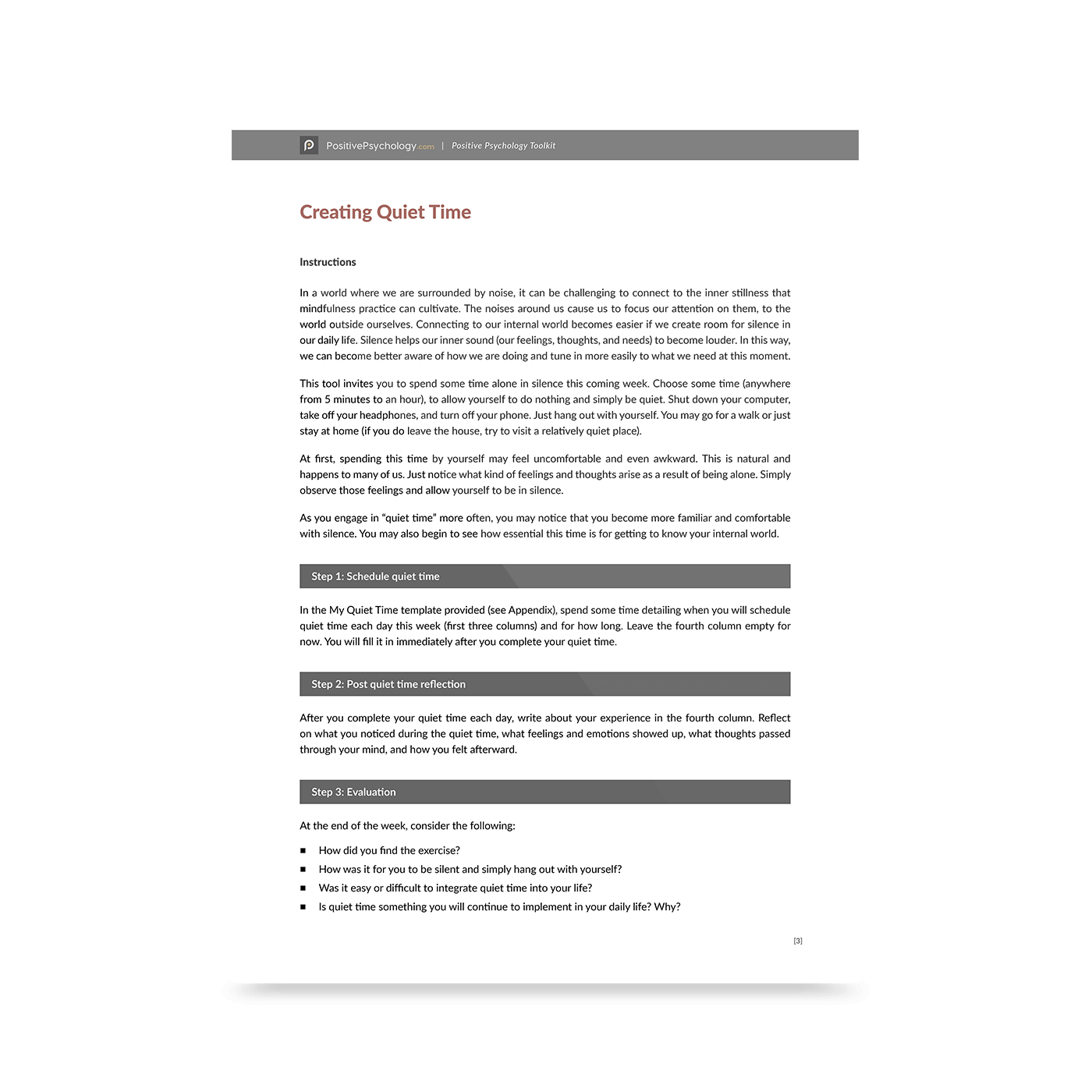


















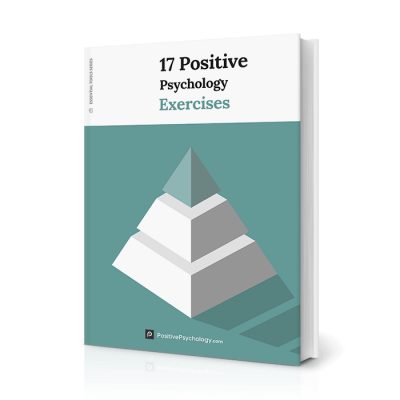
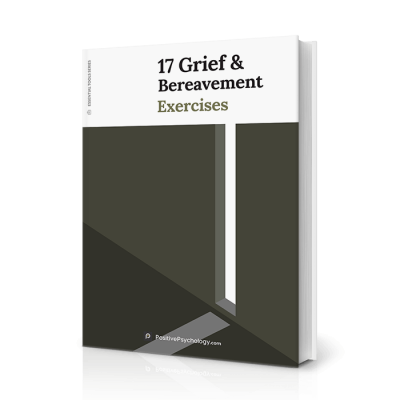
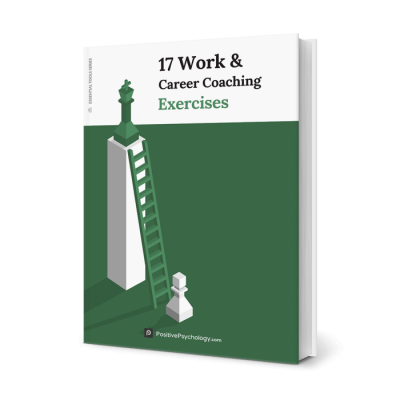
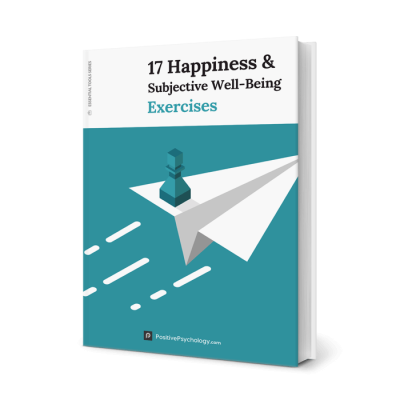
Tara Killen –
Thanks so much for these wonderful resources. I’m a MAPP student at University of East London & a wellness practitioner for the past 20+years. These tools are an essential part of my box of tricks when developing a program or workshop – thank you!
Louise YT Phua –
I am impressed with the careful planning of your learning materials. I appreciate the level of research and thought that go into each tool. Highly recommended for practitioners.
Mehnaz Amjad –
A client of mine, reeling under pain and grief, found ease after listening to ‘The Leaves on The Stream’ meditation and, for the first time, felt a sense of calm in many years.